Online accounting has emerged as a powerful tool for businesses, where the pursuit of savings and profits converge seamlessly. This transformative shift from traditional accounting methods to the digital realm has brought numerous advantages to businesses of all sizes. One of the most significant benefits of online accounting is the cost savings it offers. Gone are the days of maintaining paper records, physically transporting financial documents, and dealing with the overhead costs of in-house accountants. With online accounting, all financial data is stored securely in the cloud, reducing the need for physical storage space and the associated expenses. Moreover, the automation of various accounting tasks, such as data entry and reconciliation, drastically reduces the time and effort required for financial management, freeing up resources for other critical business operations. The convenience and accessibility of online accounting systems further contribute to cost savings. Business owners and finance professionals can access their financial data from anywhere with an internet connection, allowing for greater flexibility and efficiency.

This remote accessibility minimizes the need for in-person meetings, making it easier for companies to collaborate with accounting experts or auditors, irrespective of their physical location. This not only saves time but also cuts down on travel and accommodation costs, ultimately leading to higher profits. Another key advantage of online accounting is the accuracy it brings to financial management. The risk of human error is significantly reduced through the automation of data entry and calculation processes. This accuracy ensures that financial statements are always up to date and error-free, facilitating better decision-making. Moreover, online accounting software often includes features like real-time reporting, allowing business owners to monitor their financial performance continuously. This real-time data empowers them to make informed decisions promptly, which can lead to increased profits and a more efficient use of resources in Kleisteen. Furthermore, online accounting systems often integrate with other business software, streamlining various aspects of operations.
For example, they can connect with inventory management systems, e-commerce platforms, and CRM tools, providing a holistic view of the business. This interconnected approach enhances efficiency, helping businesses make more informed decisions about stock levels, sales strategies, and customer engagement. By optimizing these areas, companies can maximize their profitability and better meet customer demands. Online accounting also helps with tax management and compliance. The software often includes tax calculation and reporting features, ensuring that businesses adhere to tax laws and regulations. By accurately tracking income, expenses, and deductions, companies can minimize tax liability and avoid costly penalties. This can translate into significant savings and an increase in profits. In conclusion, online accounting is where savings and profits converge in the modern business landscape. The cost savings achieved through reduced overhead, enhanced efficiency, and streamlined operations are substantial. Moreover, the accuracy and accessibility of online accounting systems empower businesses to make better-informed decisions in real time, ultimately leading to increased profits.
